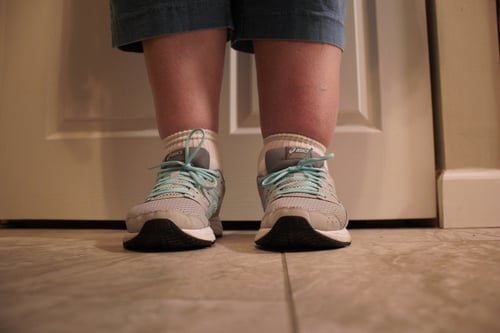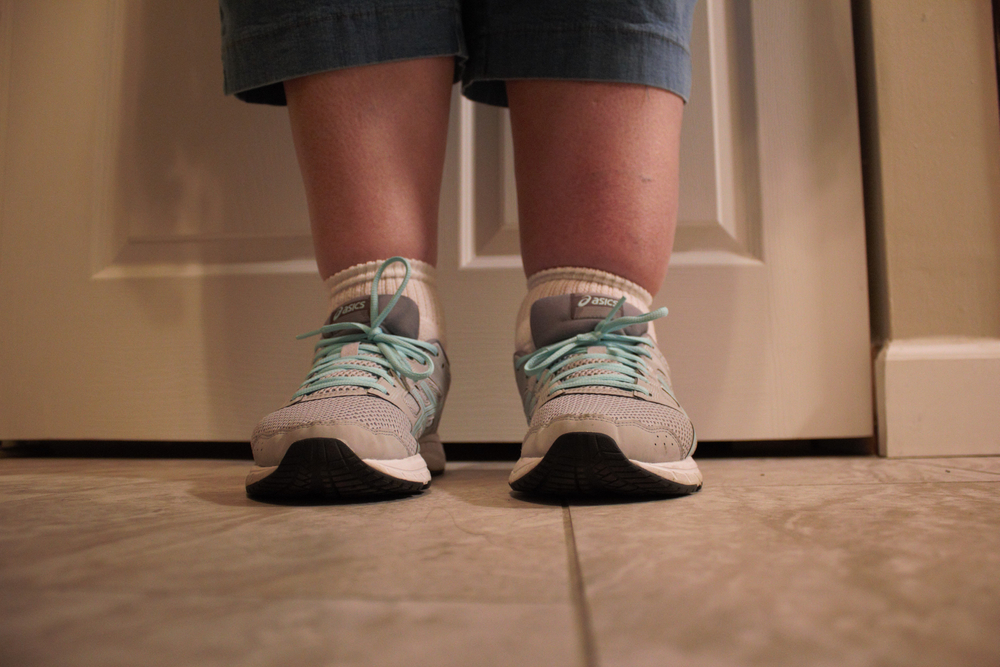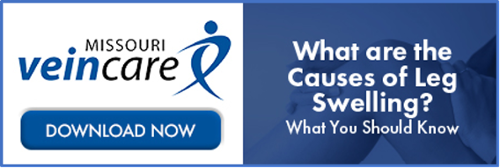Common Causes of Heavy and Swollen Legs

Tina is 54 years old and has had mild swelling for years, and it started as a faint sock line. Over the past year it has gotten worse and in the evening she takes her shoes off, there is now a line where her shoes dig into the swelling. It always goes away overnight. She works retail and has to stand and it's worse on days she works. Her legs throb and ache by the time she gets home. She heads for the recliner and puts her legs up until she forces herself to make dinner, then she gets back into the recliner. She told me that she just doesn’t have any energy anymore feels like this is what happens when you get old.
As part of my practice I see patients every day with swelling. In the situation where both legs are swelling, I do have some recommendations which may be helpful for those trying to sort out what is happening.
Common Causes of Swelling in Both Legs
Most of the time, heavy and swollen legs happen because of an issue with the circulation of blood or lymphatic fluid in the body.
What causes this type of swelling pattern to occur?
Let's look at a few common underlying causes:
Lymphedema:
This develops when your lymphatic system (which normally helps remove excess fluids from your tissues) stops working properly. This can lead to fluid build-up as well as red, inflamed skin, swelling, pain, and skin infections. The swelling starts in the calves and extends up the thigh and even the lower abdomen. This condition is unique in that the swelling does not resolve overnight and extends eventually to the top of the feet and toes. Treatments with physical therapy reduce the swelling and are very successful.
Vein disease:
This is due to abnormal vein flow, and when swelling is present, is always associated with other leg symptoms such as aching, cramps, numbness, tingling or restless legs. It is easy to get this sorted out with a vein screen and treatments provide prompt improvement and relief. Swelling most commonly involves the calf or ankle and always goes away overnight.
Obesity:
This condition results in increased pressure from the abdomen on the veins in the pelvis so that the blood gets backed up in the legs. The swelling improves but does not resolve overnight and usually involves the calves.
Pregnancy:
Women often experience heavy and swollen legs during pregnancy. This is due to a combination of factors, including hormone changes, increased blood volume, and pressure from the uterus and baby on the veins in the pelvis causing the blood to back up in the legs, especially the right leg. Swelling can involve both the thigh and calves and never completely resolves. Wearing compression stockings provides symptom relief and reduces DVT risk.
Medical conditions:
Conditions such as heart failure, pelvic conditions, certain lung conditions or kidney failure can cause swelling. A visit with your healthcare provider can sort this out.
Medication:
The side effects of medication can cause swelling. A common cause is calcium channel blockers, but a review of your medications with your pharmacist can answer this question.
DVT blood clots:
DVT blood clots can be urgent and associated with pain and swelling or long term and associated with swelling alone. Evaluation with your healthcare provider is recommended.
What about Tina’s problem?
She had symptoms typical for a vein condition and underwent an ultrasound which showed abnormal vein circulation. After her treatment, she immediately noticed resolution of her swelling and leg aching, and her stamina increased as well.
Are Heavy and Swollen Legs Keeping You Down?
Missouri Vein Care, our team is dedicated to helping our community feel confident that their circulation is working. If you have concerns about vein disease or other conditions that may lead to swollen legs, contact Missouri Vein Care today at 877-870-5244 to schedule a consultation. We offer a variety of treatments that can ease your symptoms and improve your function. Ask us about our free vein disease screening!


